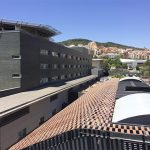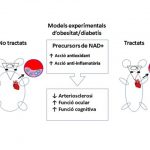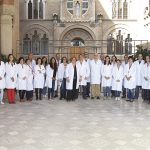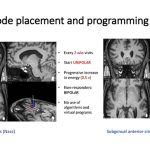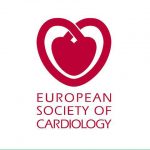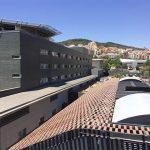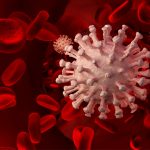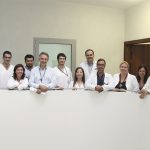
The Research Institute of the Hospital de la Santa Creu i Sant Pau of Barcelona, following this year’s motto “research for change”, wants to show how the scientific activity of the Institute in relation to Covid-19 has adapted to the situation of world health crisis caused by the new coronavirus. The activities will be conducted by the scientists of the Sant Pau Research Institute showing how they have focused their research on Covid-19 taking advantage of its relationship with the patients, or how one area of the Research Institute has become an oncohematological hospital to safely care for immunosuppressed patients.
That is why it has organized a series of activities.



